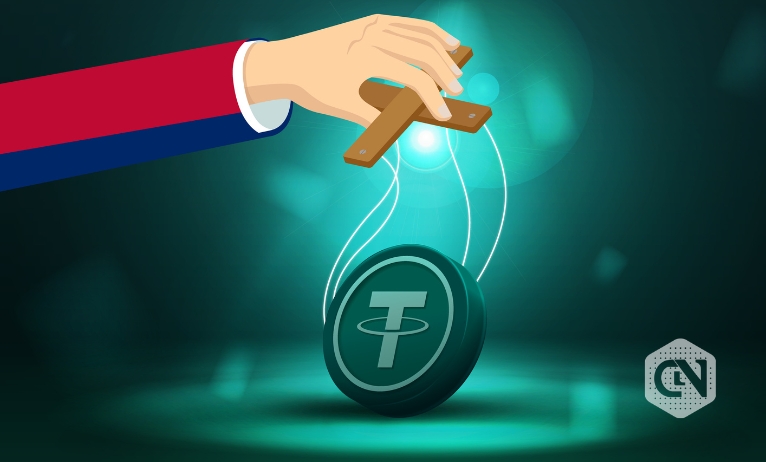JPMorgan, a major player in financial solutions, issued a statement encouraging US authorities to maintain indirect control over the stablecoin Tether. Despite the fact that the Tether base is overseas. Analysts at JPMorgan believe that stablecoins are in a vulnerable position due to their dependence on the US market.
They went on to say that they had to add Tether to the blacklisted wallets due to sanctions from the Treasury Department. There is insufficient clarity surrounding stablecoins, and US cryptocurrency regulation threatens their dominance.
JPMorgan issued a special commentary stating that in 2022, the Treasury Department’s sanctions arm, the Office of Foreign Assets Control (OFAC), forced Tether to block wallets that mixed Tornado Cash.
OFAC sanctioned Tornado Cash in 2022 on suspicion that it had begun money laundering. After OFAC flagged privacy utility Tornado Cash as violating sanctions, Tether blacklisted the wallet.
According to Tether CEO Paolo Ardoino, the situation was nothing more than revenge. He went on to say that JPMorgan, which had never been adept at new financial and payments systems, was now expressing dissatisfaction with increased activity in those areas.
However, JPMorgan analysts believe that future regulations on stablecoins in the U.S. and Europe will reduce Tether’s appeal compared to more viable alternatives.
Moreover, despite their penchant for greater clarity, Tether’s current disclosures have not impressed analysts.
Credit rating agency S&P Global has given positive feedback on Tether’s ability to maintain 1:1 dollar parity.
Analysts at JPMorgan want the relevant US authorities to impose sanctions on the stablecoin to influence their position while Tether continues to operate overseas.

